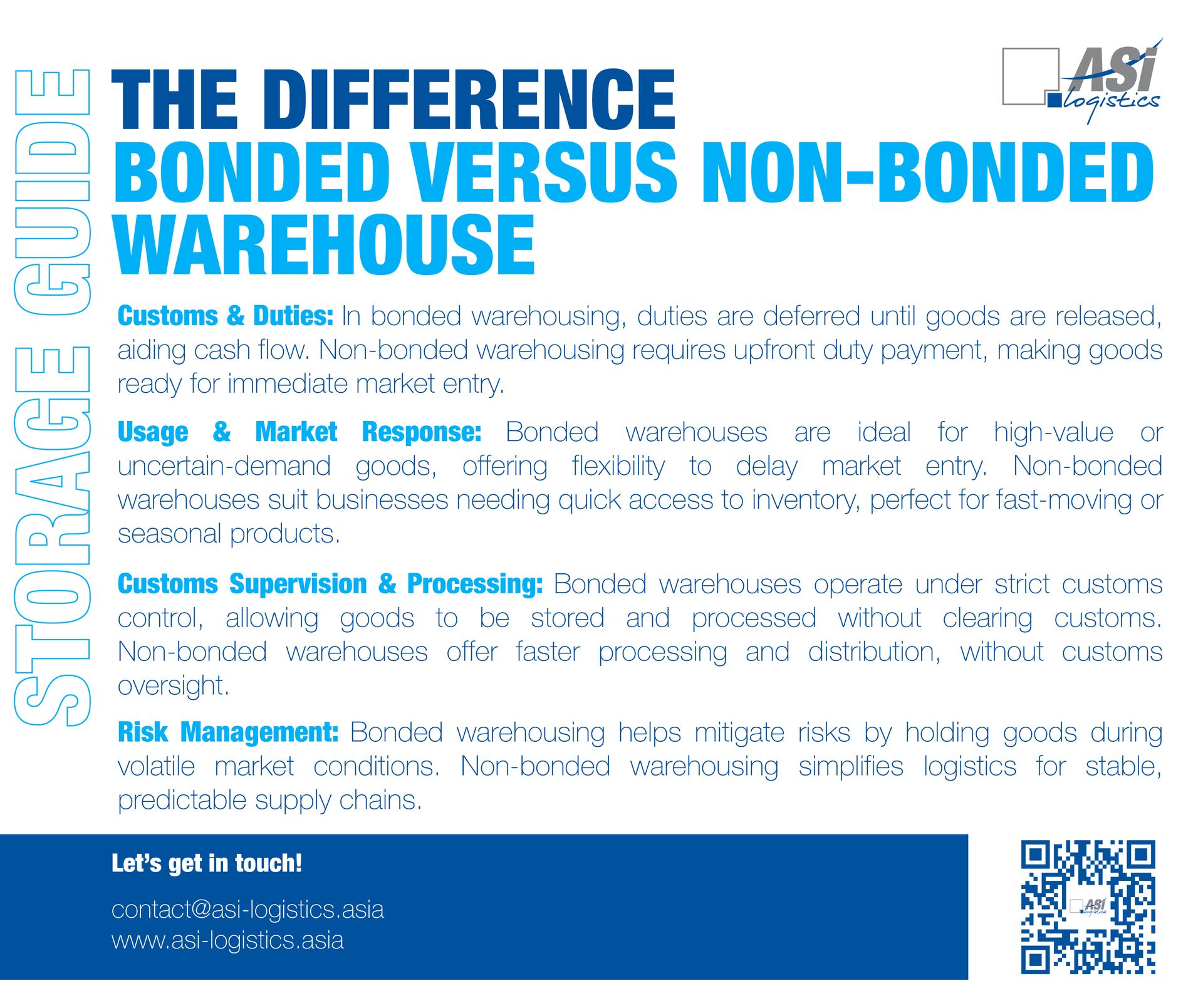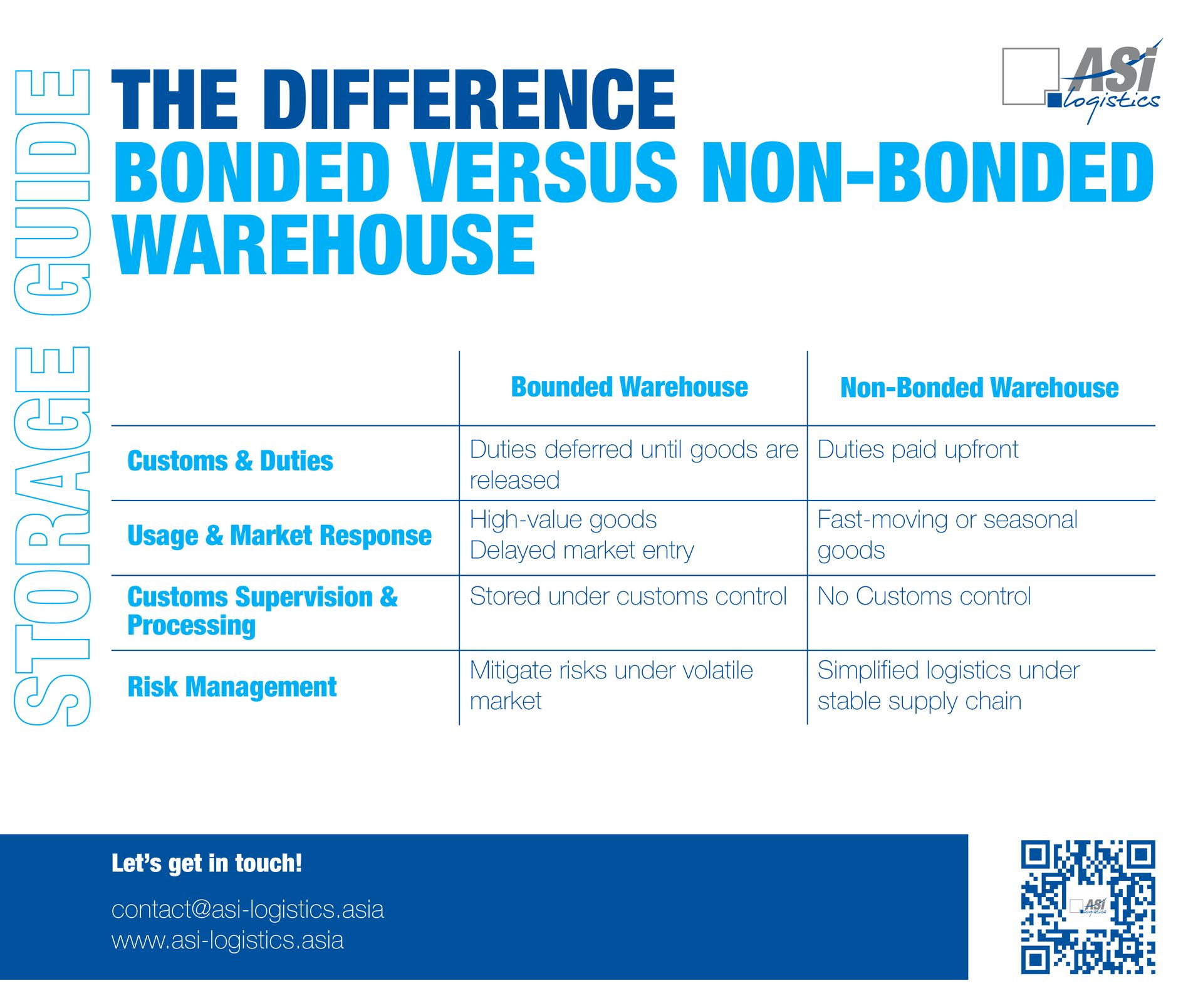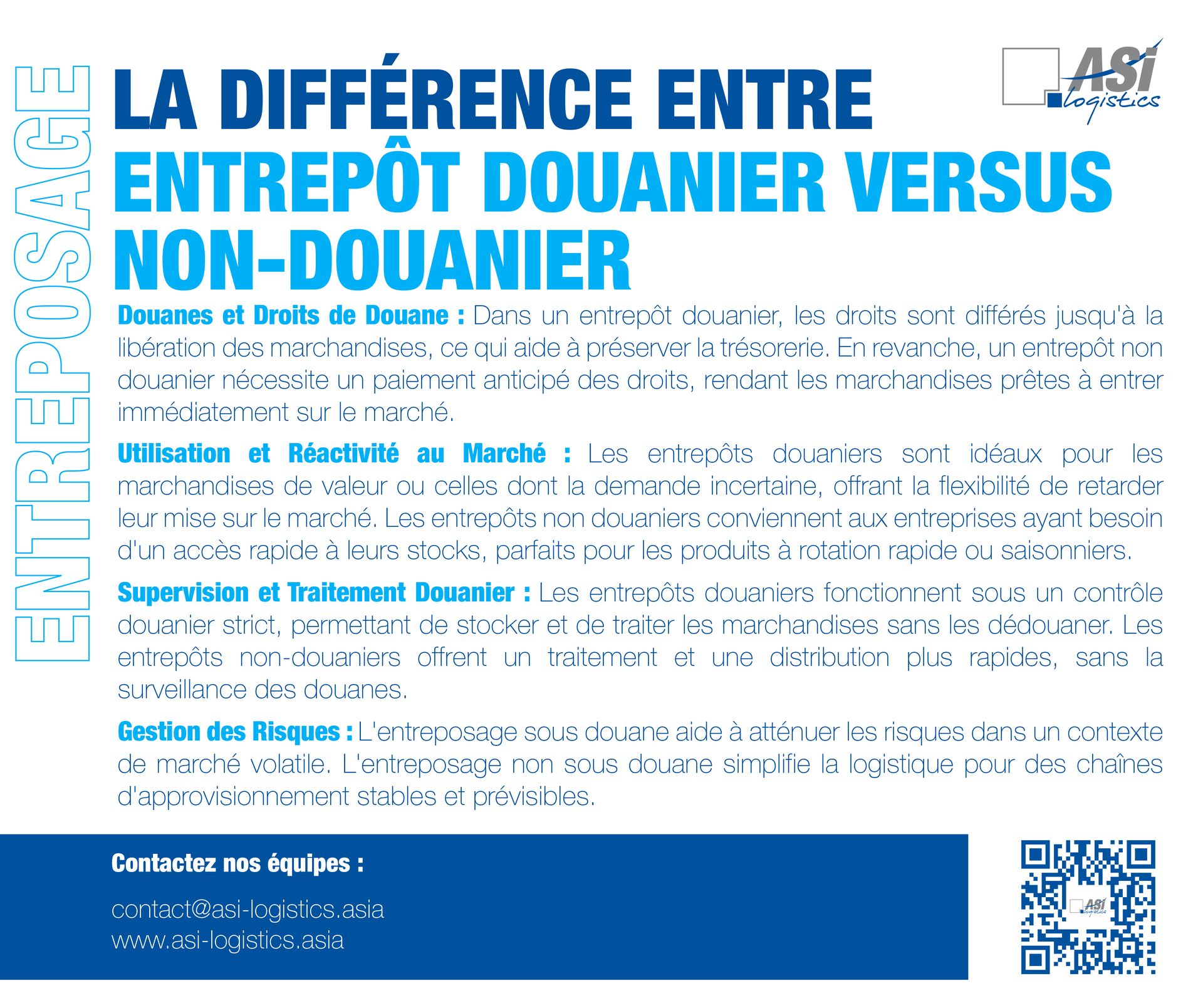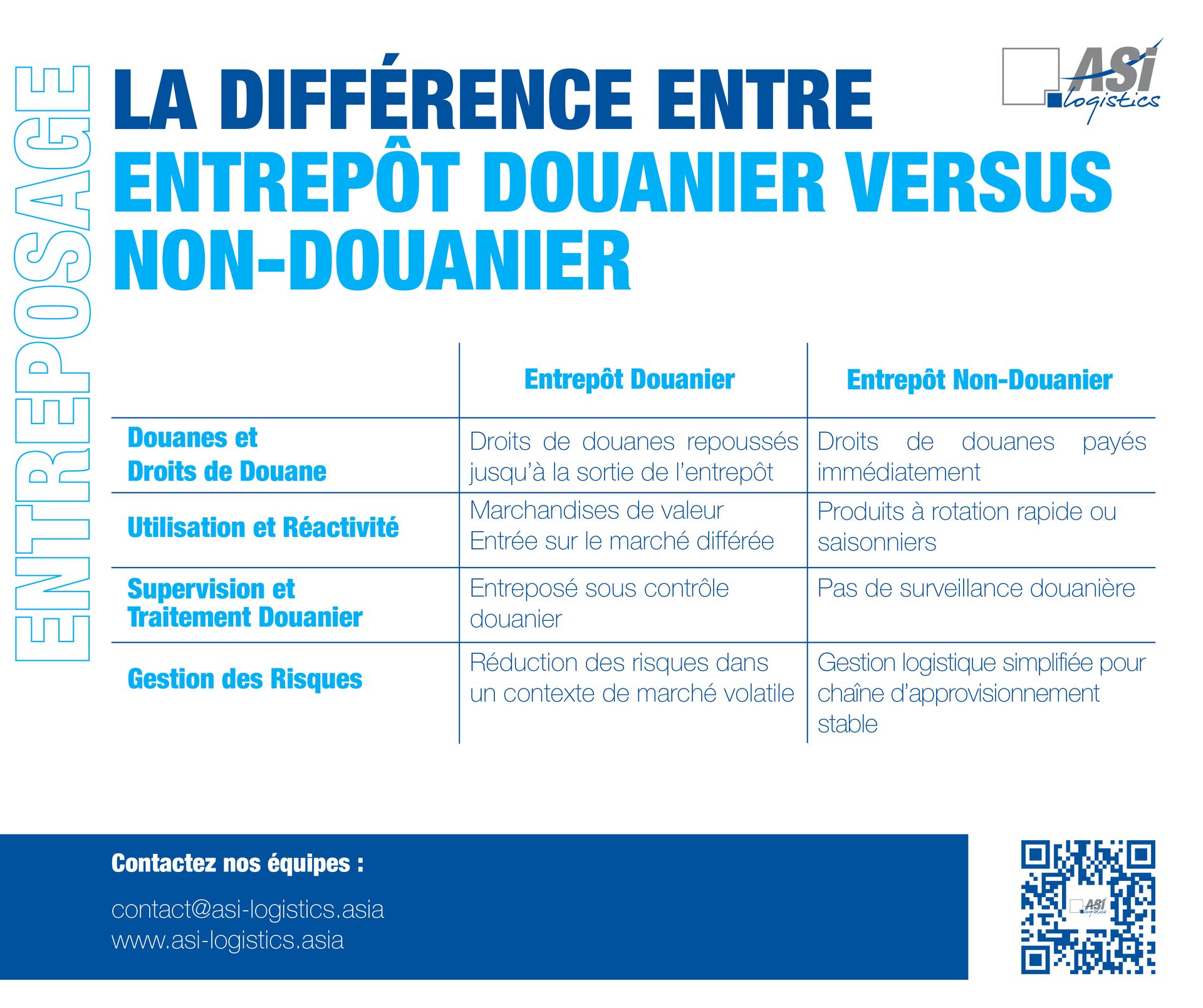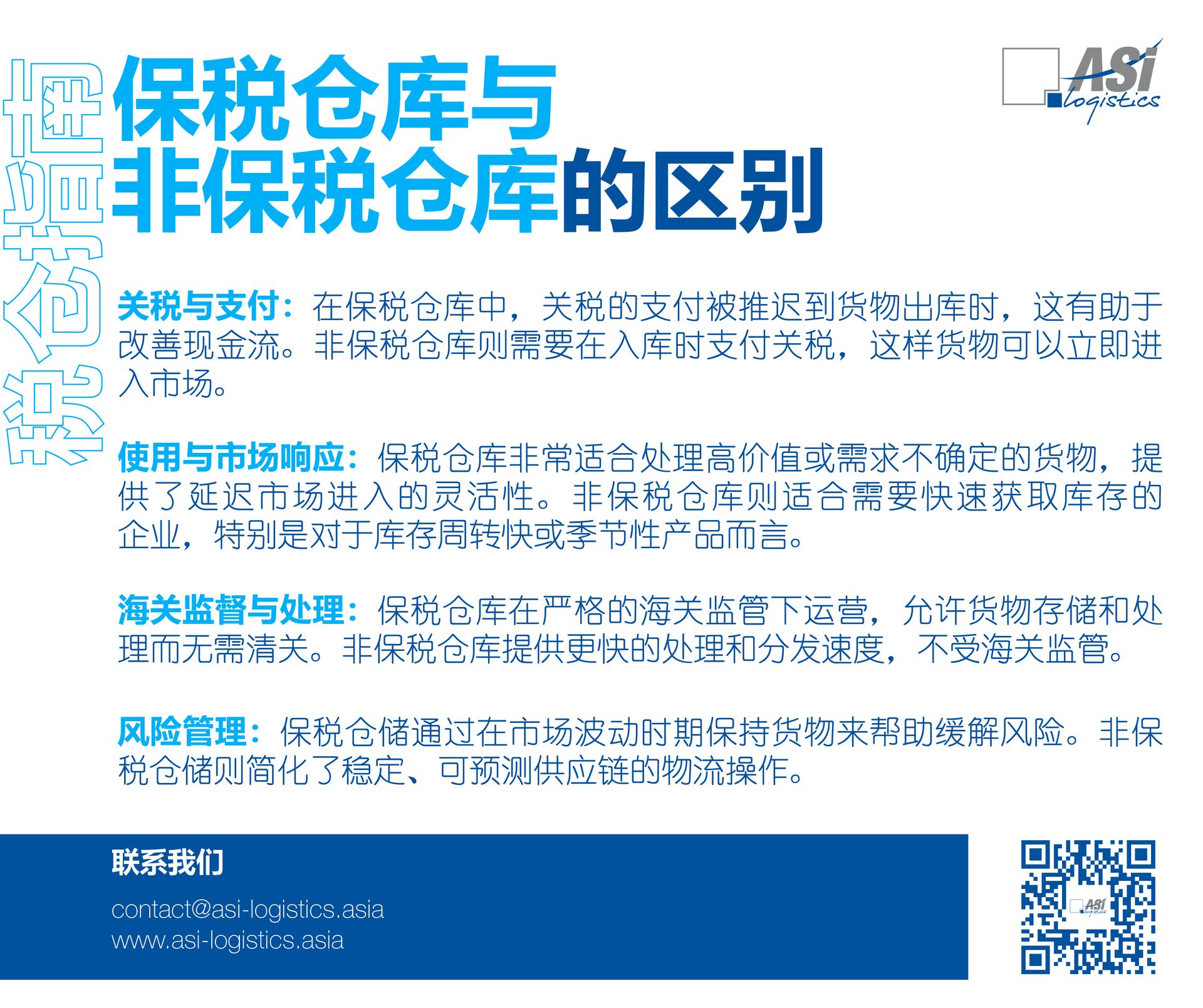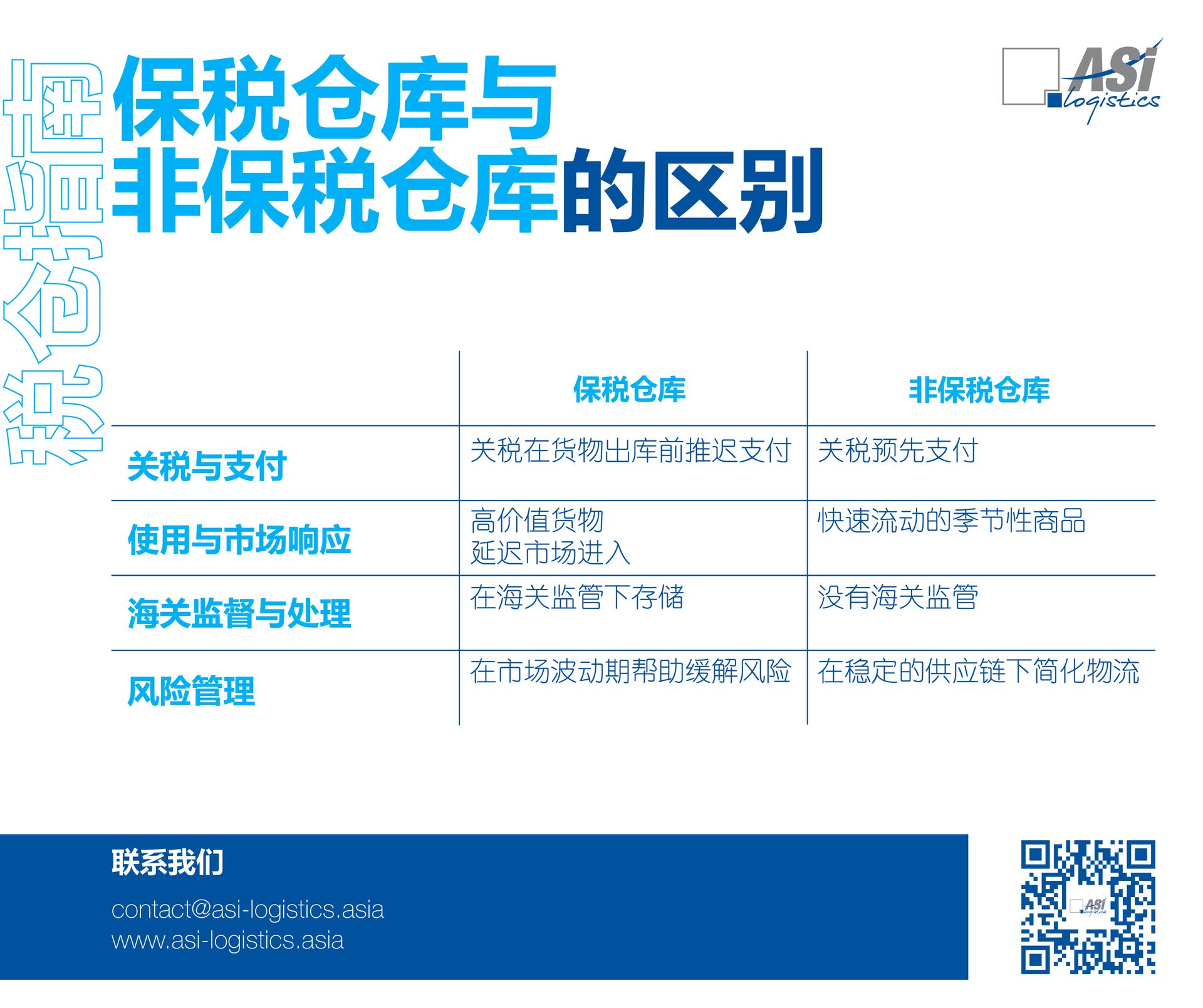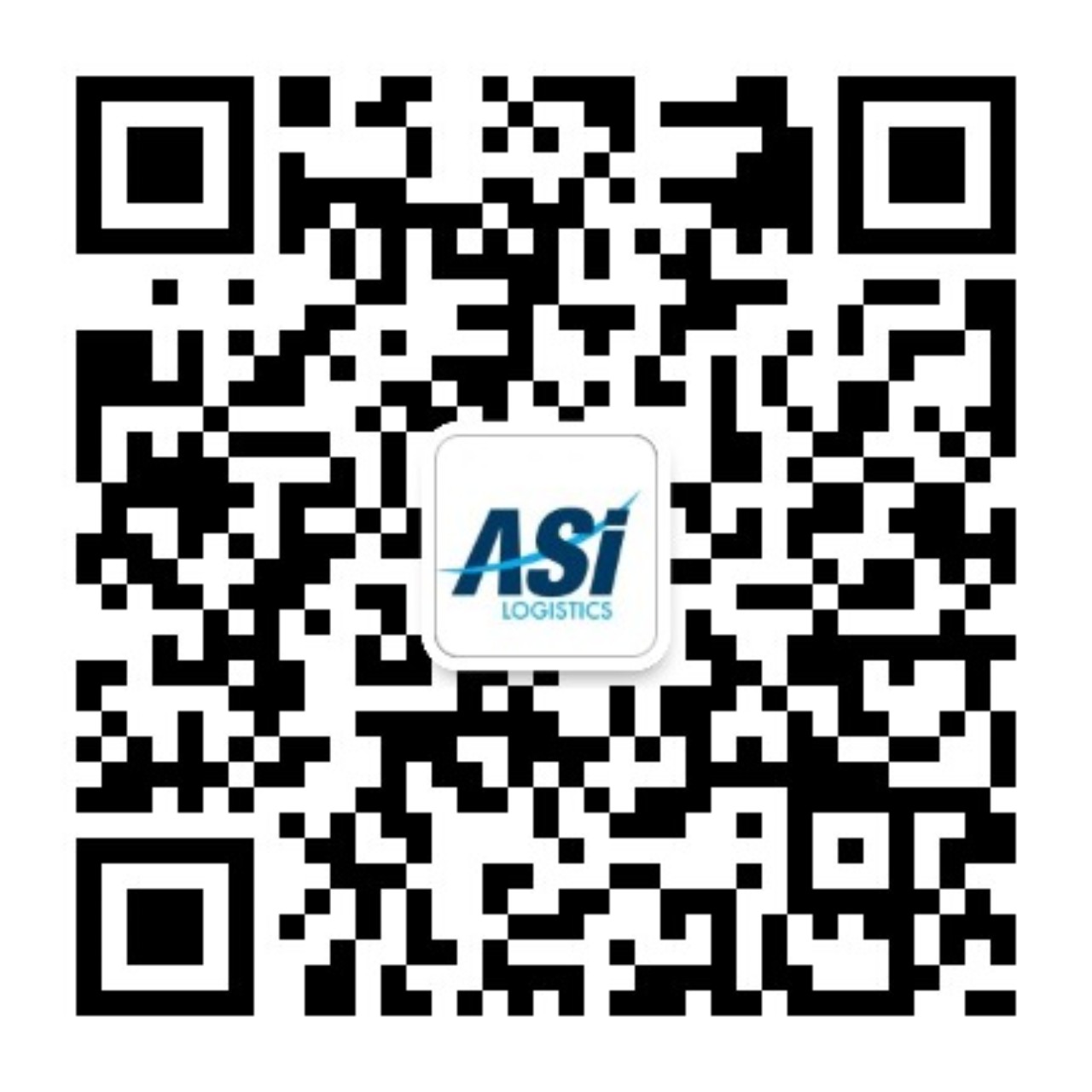The difference between a profitable import and a costly misstep often comes down to one crucial decision: where your goods rest before hitting the market.
Two main options are available: bonded warehousing and non-bonded warehousing. Each offers distinct advantages depending on your business needs and operational preferences.
What Is Bonded Warehousing?
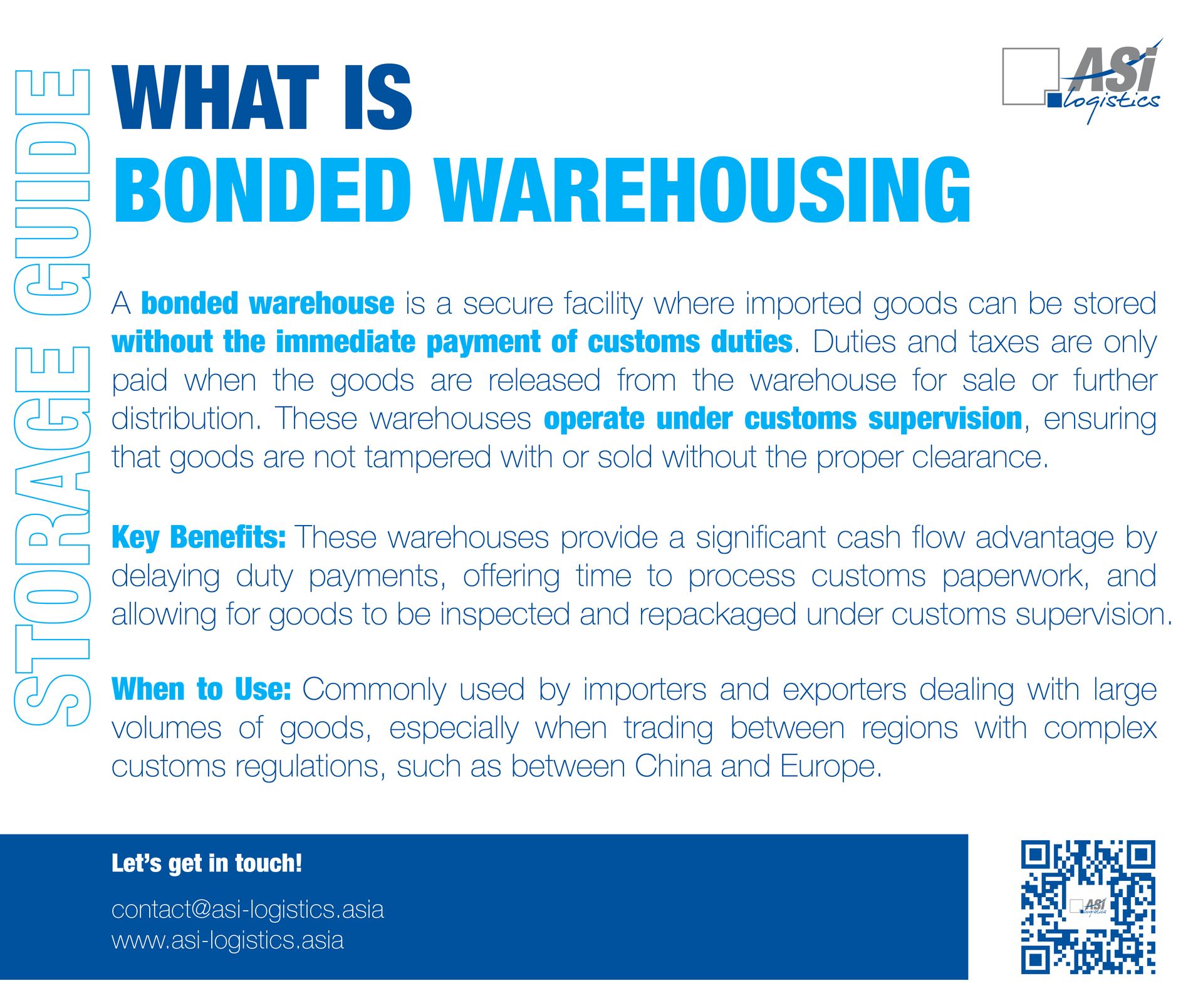
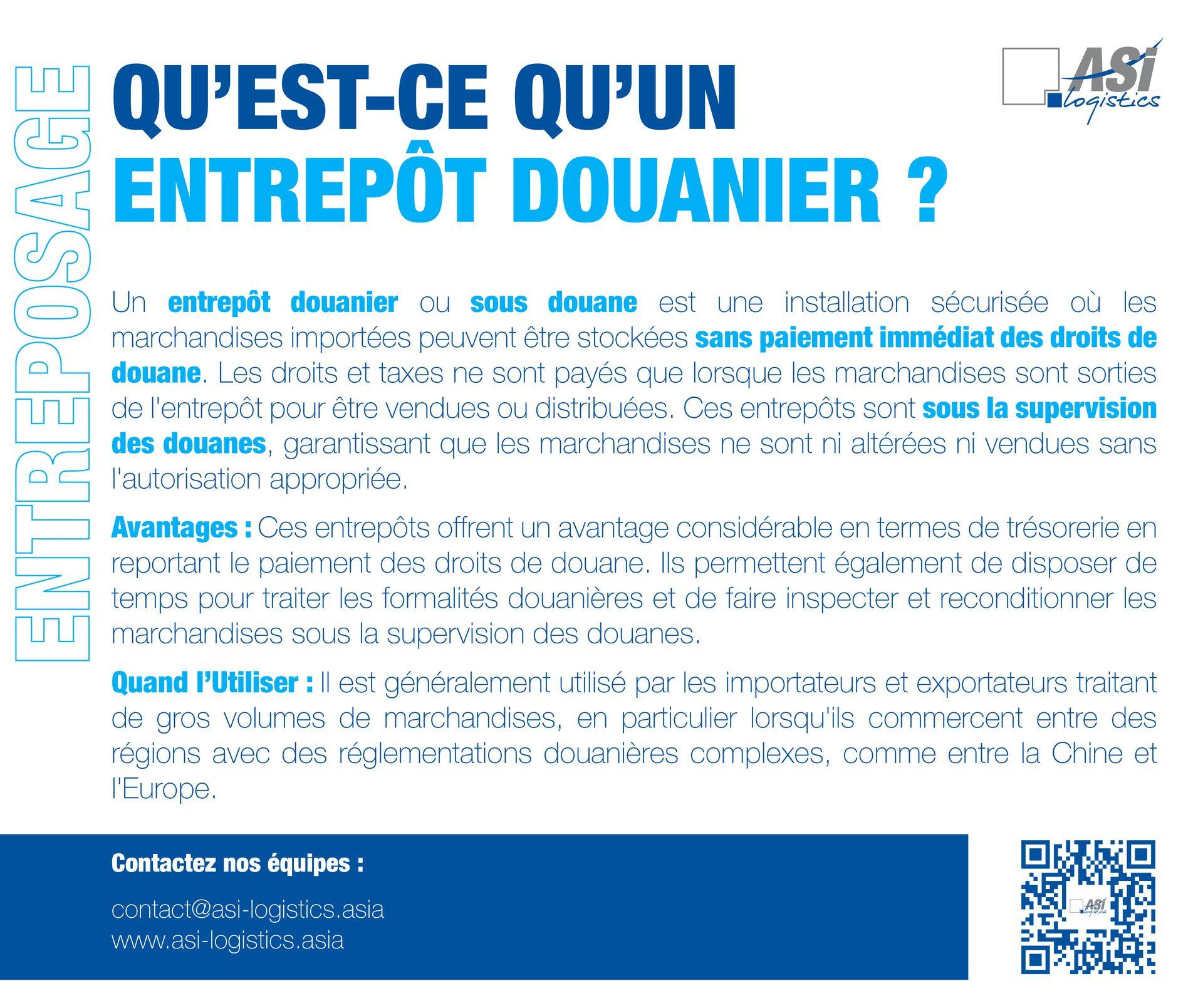
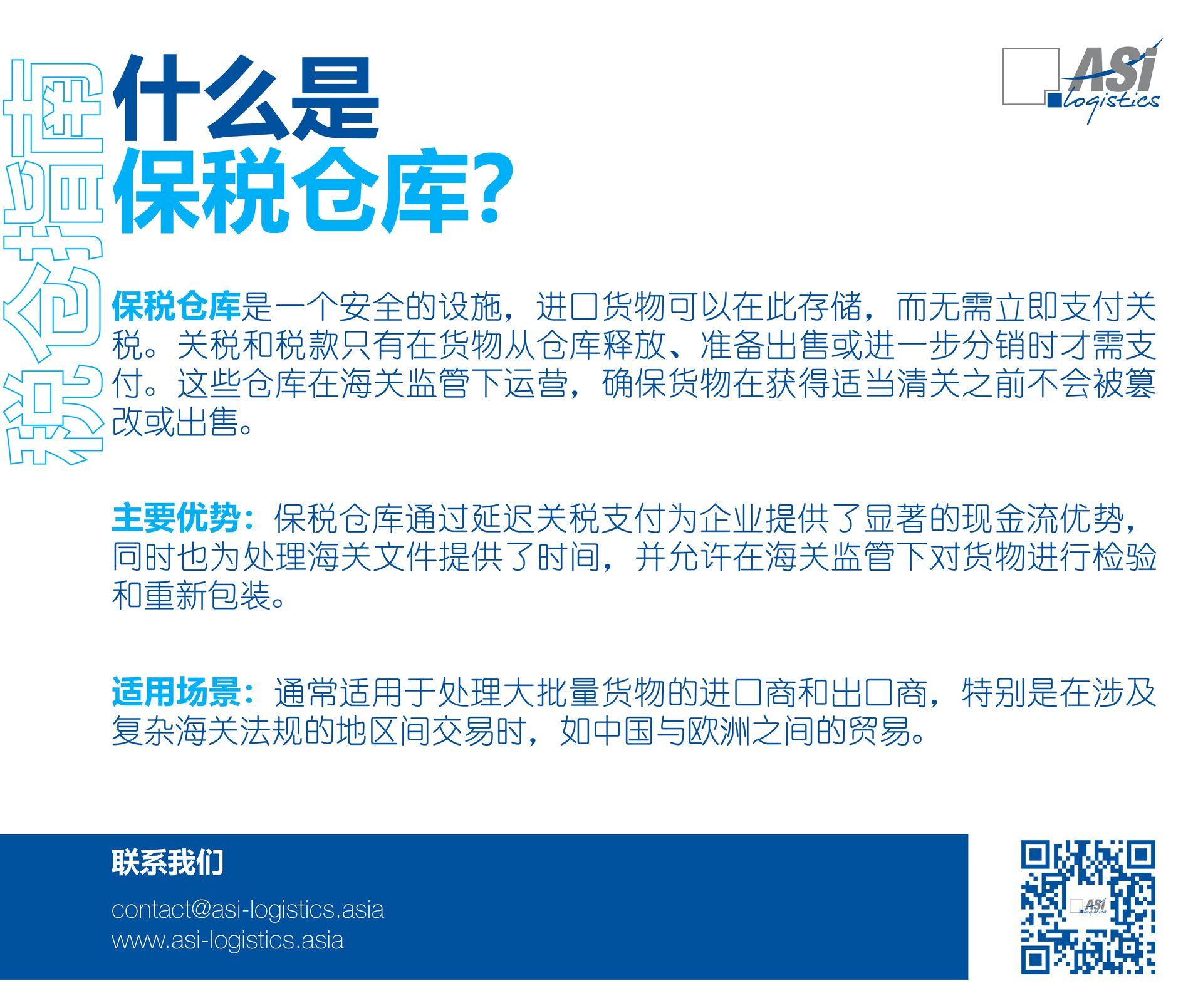
A bonded warehouse is a secure facility where imported goods can be stored without the immediate payment of customs duties. Duties and taxes are only paid when the goods are released from the warehouse for sale or further distribution. These warehouses operate under customs supervision, ensuring that goods are not tampered with or sold without the proper clearance.
Bonded warehouses are predominantly used by businesses that import high-value or bulk goods, especially those operating in industries where market demand can fluctuate or where regulatory compliance is complex.
Companies in sectors like electronics, luxury goods, pharmaceuticals, and automotive parts often rely on bonded warehousing to delay customs duties, manage inventory efficiently, and prepare products for specific markets under customs supervision.
What Is Non-Bonded Warehousing?
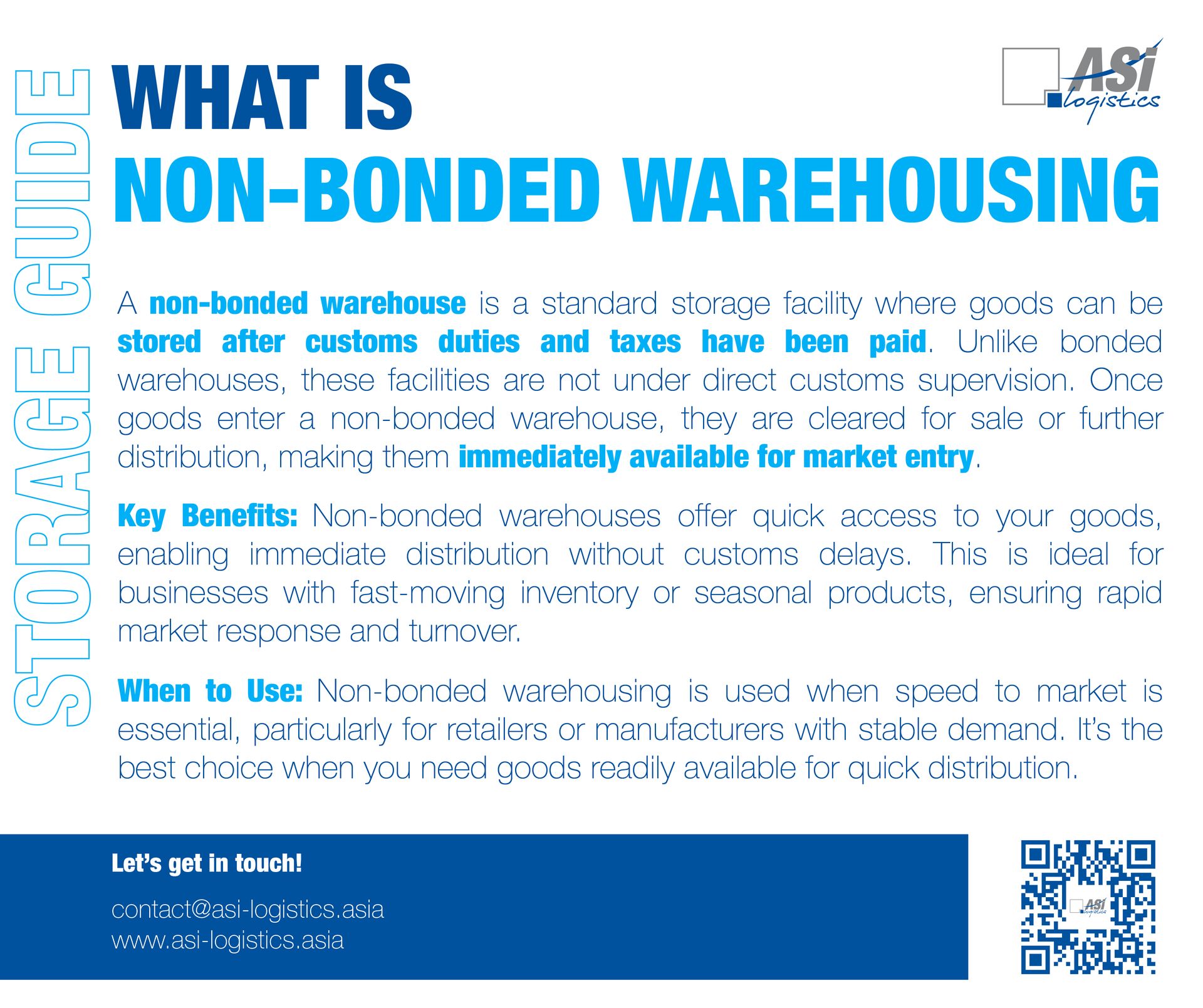
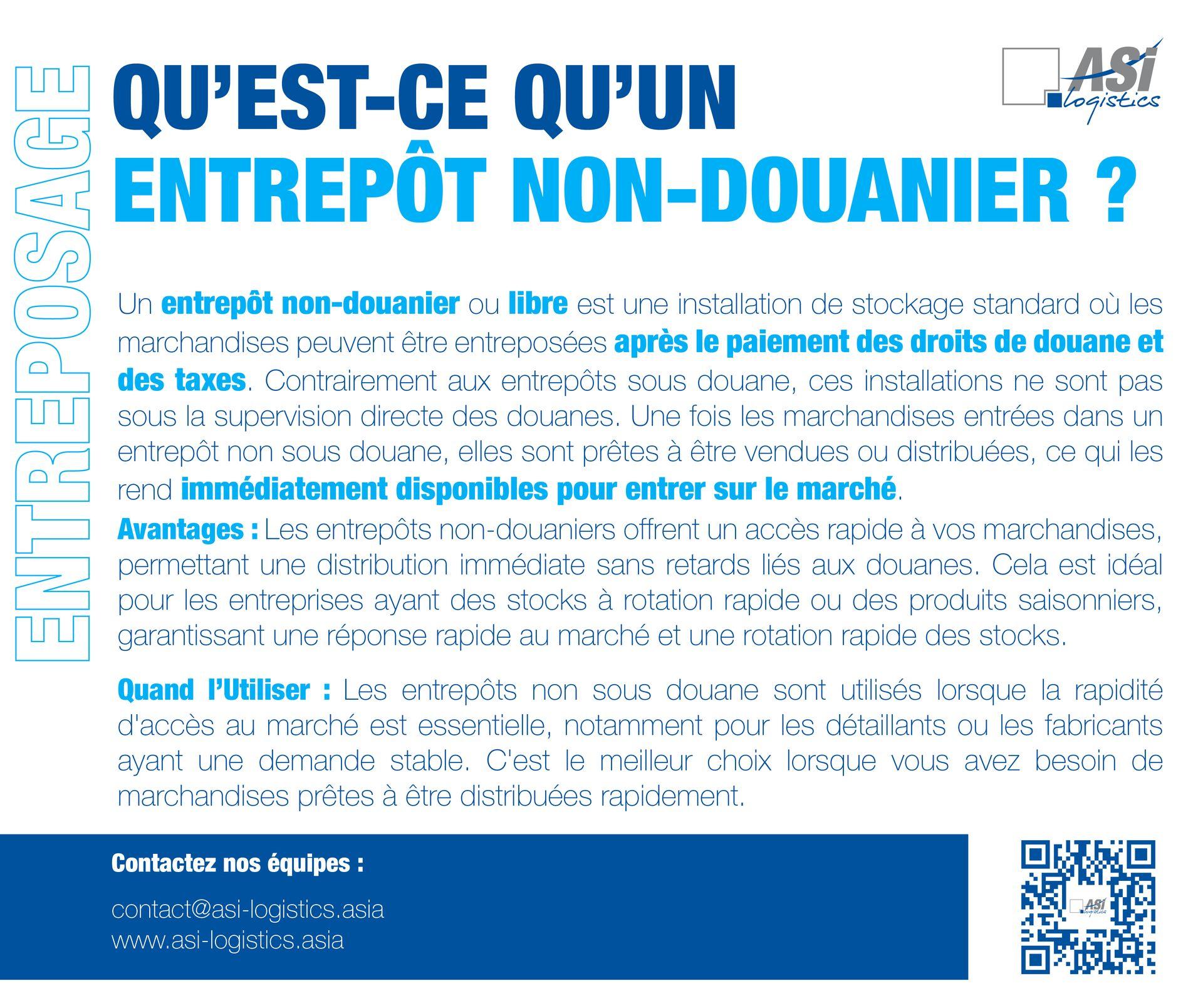
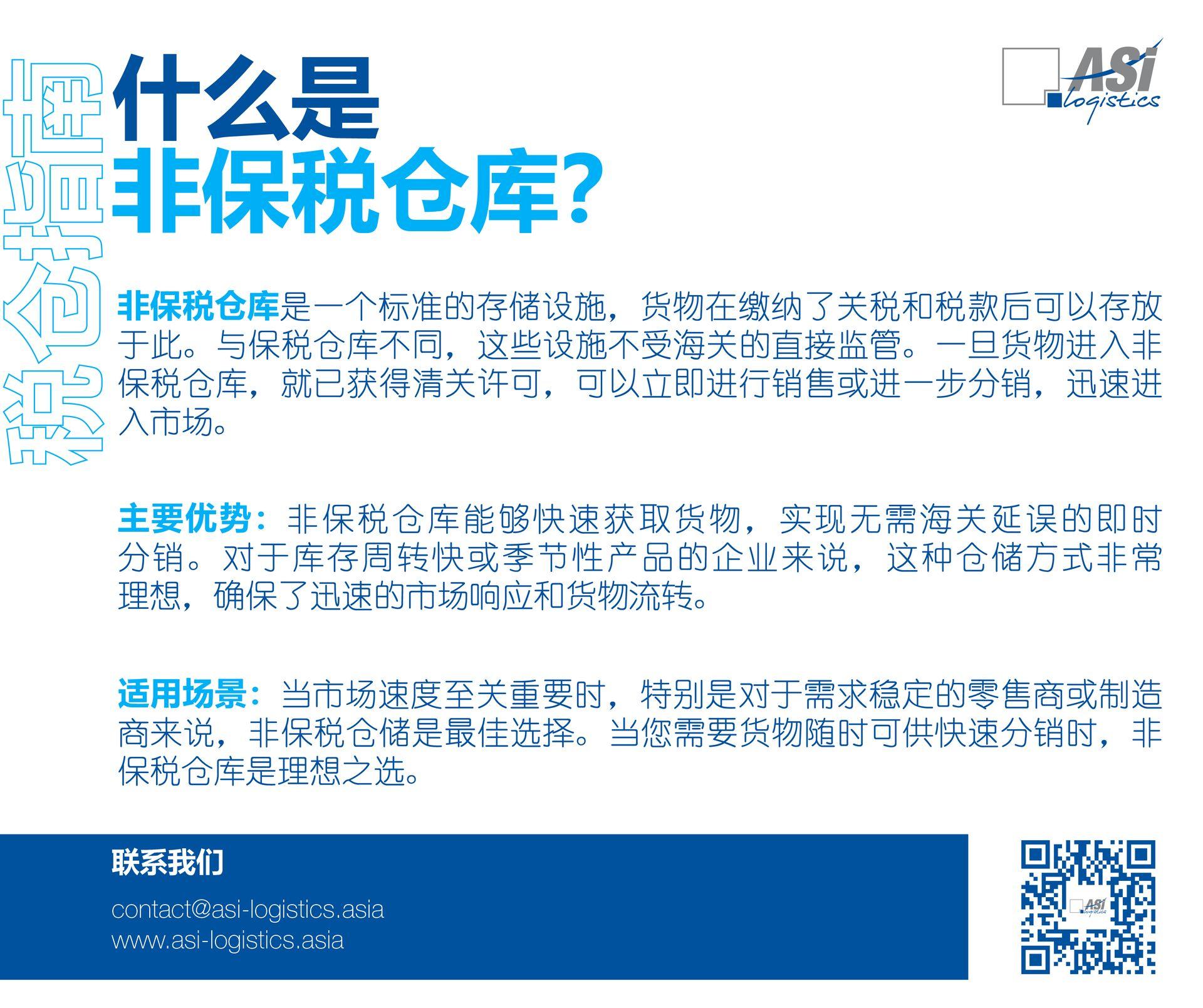
Non-bonded warehouses are standard storage facilities where goods can be stored after customs duties and taxes have been paid. Unlike bonded warehouses, these facilities are not under the direct control of customs authorities. Goods in non-bonded warehouses are typically cleared for sale or distribution, making them readily available for market entry.
Non-bonded warehouses are ideal for businesses that need to move goods quickly to market after customs duties are paid. This is particularly common in industries with fast-moving consumer goods (FMCG), retail, and perishable items, where speed to market is critical.
Companies dealing with stable demand patterns and those that prioritize quick distribution over delayed duty payments often opt for non-bonded warehousing.
Comparing Bonded Versus Non-Bonded Warehousing
Customs Duties & Cash Flows
Deferment of customs duties in bonded warehousing allows businesses to better manage cash flow, especially when dealing with high-value imports. For example, a European electronics distributor can store goods in a bonded warehouse and pay duties only when the products are ready for sale, freeing up capital for other needs.
In non-bonded warehousing, duties are paid upfront, simplifying the process of bringing goods to market quickly. This is ideal for industries like fashion retail, where products must be readily available for sale, ensuring they reach consumers during peak seasons.
Inventory Flexibility
Bonded warehouses offer the flexibility to store goods for extended periods without paying duties, making them suitable for businesses facing market volatility. A European automotive parts supplier, for instance, can hold inventory in a bonded warehouse until there is a demand surge, avoiding excess inventory costs.
While non-bonded warehouses lack the duty deferment advantage, they provide immediate access to goods, which is crucial for products requiring quick turnover, such as perishables. A food importer might choose non-bonded warehousing to ensure that fresh products are rapidly cleared through customs and delivered to retailers.
Value-Added Services & Compliance
Bonded warehouses often offer services like repackaging, labeling, and quality inspections under customs supervision, which is beneficial for companies needing to prepare goods for specific markets while deferring duties. This is especially useful for pharmaceutical companies importing raw materials that require stringent compliance checks.
Non-bonded warehouses also provide value-added services, but these are focused on readying goods for immediate sale, which is ideal for businesses with a quick turnaround strategy. For example, an electronics retailer can use a non-bonded warehouse to quickly repackage and distribute products across the EU, ensuring they are market-ready without customs delays.
Which Warehousing Option Is Right for You?
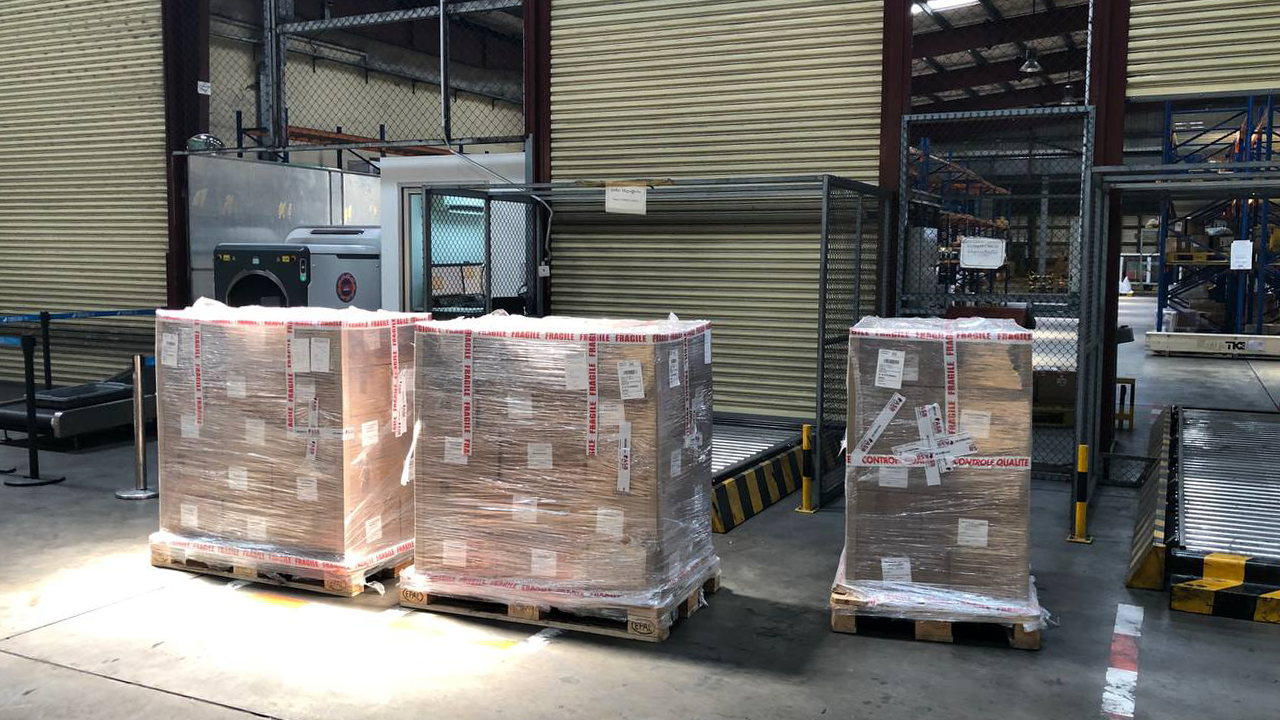
Choosing between bonded and non-bonded warehousing depends on your business model, cash flow needs, and inventory strategy. Bonded warehousing offers flexibility and duty deferment, ideal for industries with fluctuating demand and high-value goods. Non-bonded warehousing suits businesses prioritizing speed to market and stable demand patterns.

ASI Logistics offers comprehensive support in both bonded and non-bonded warehousing, helping you navigate customs regulations and optimize your supply chain (discover our full range of import & customs solutions for China, Vietnam, and Cambodia).
Thanks to our value-added warehousing solutions, including pick & pack, labeling, and distribution until last-mile delivery, we tailor strategies to meet your specific needs, ensuring efficient storage, customized order management, and smooth delivery of your goods.
ASI Logistics, strong of 15 years of expertise, provides you with the most adapted logistic solution to fit your needs and ensure you enjoy the benefits of smooth operations.
Thanks to our eight offices, including six conveniently located on China's east coast logistic hubs (Shanghai, Ningbo, Xiamen, Ningbo, and Hong Kong), its two branches in Ho Chi Minh City, Vietnam, and Phnom Penh, Cambodia, and its worldwide network of logistic experts, ASI Logistics accompanies you at every step of your product's journey from, to and within Asia.
Our Values
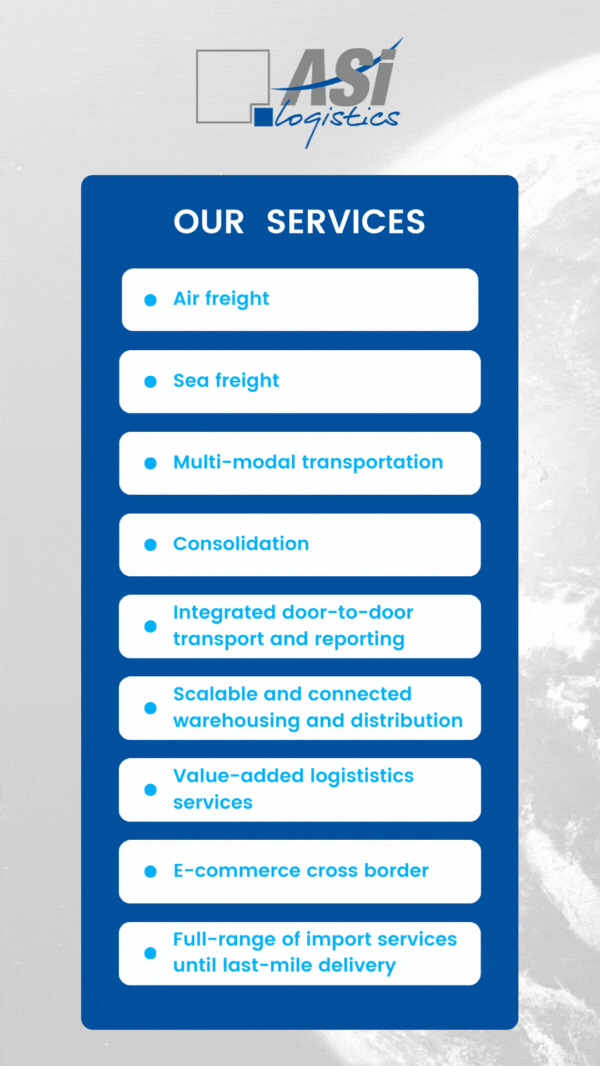
Get in touch with our teams!
Contact Us
ASI Logistics, 凭借15年的专业经验,都会为您提供最适合的物流解决方案,确保您的运营顺畅无忧。
得益于我们在中国东海岸的六个重要物流枢纽(上海、青岛、厦门、宁波和香港)、在越南胡志明市和柬埔寨金边的两个分支机构,以及全球网络中的物流专家,ASI Logistics 将陪伴您每一步,从亚洲到亚洲,以及在亚洲内部的整个货物运输过程。
我们的价值观
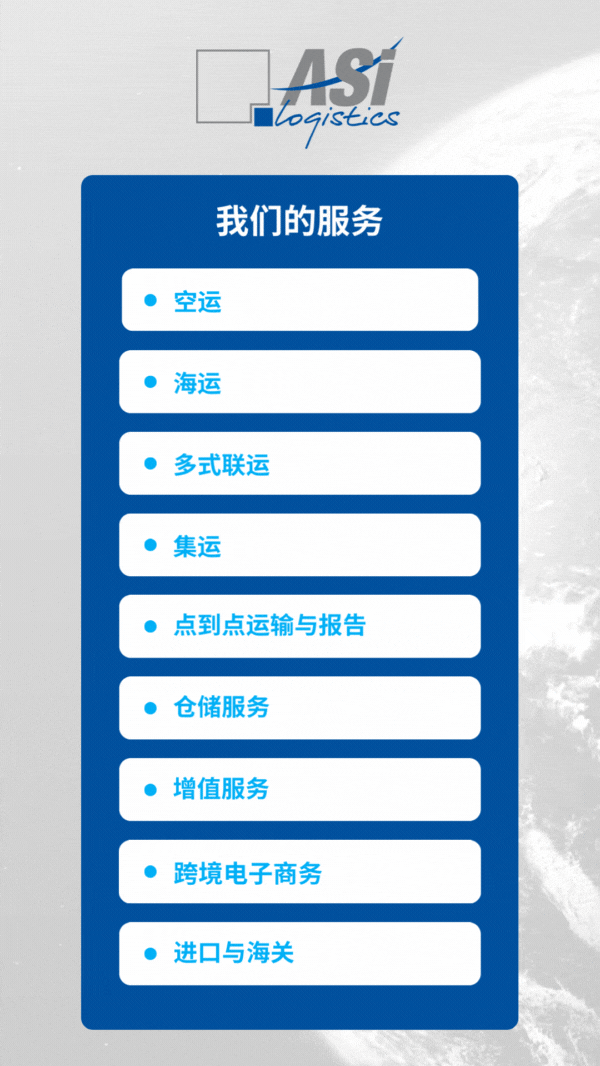
联系我们
ASI Logistics, fort de 15 ans d'expertise, vous fournit la solution logistique la plus adaptée à vos besoins, pour une chaîne d'approvisionnement et des expéditions fluides.
Grâce à nos sept bureaux, dont cinq idéalement situés sur les hubs logistiques de la côte est de la Chine (Shanghai, Ningbo, Xiamen, Qingdao et Hong Kong), ainsi que nos deux branches à Ho Chi Minh Ville, au Vietnam, et Phnom Penh, au Cambodge, à l'expertise de notre société mère européenne et à notre réseau mondial d'experts logistiques, ASI Logistics vous accompagne à chaque étape du voyage de vos produits, vers, depuis et en Asie.
Nos Valeurs
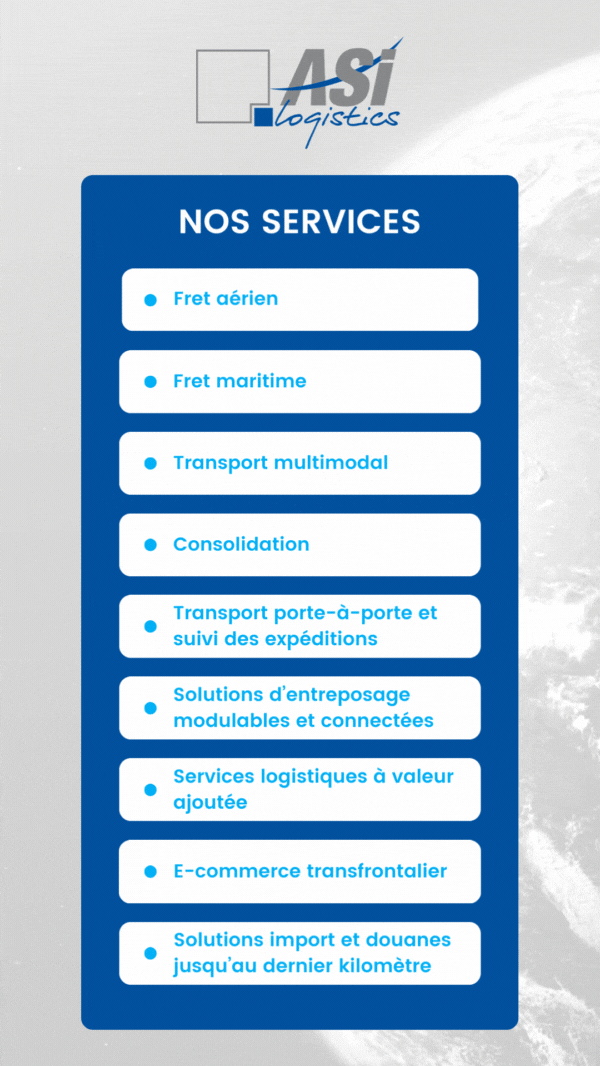
Contactez Nos Equipes
